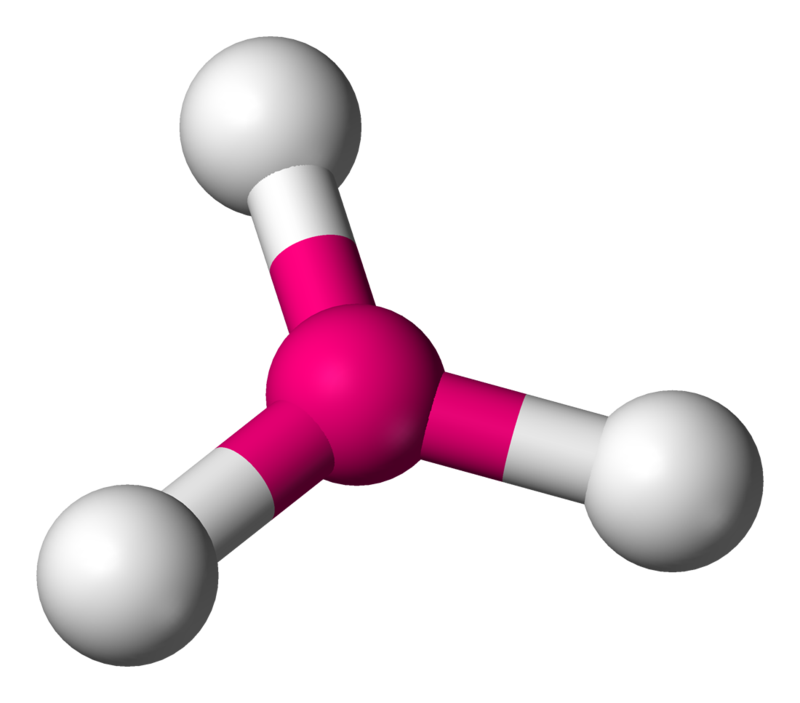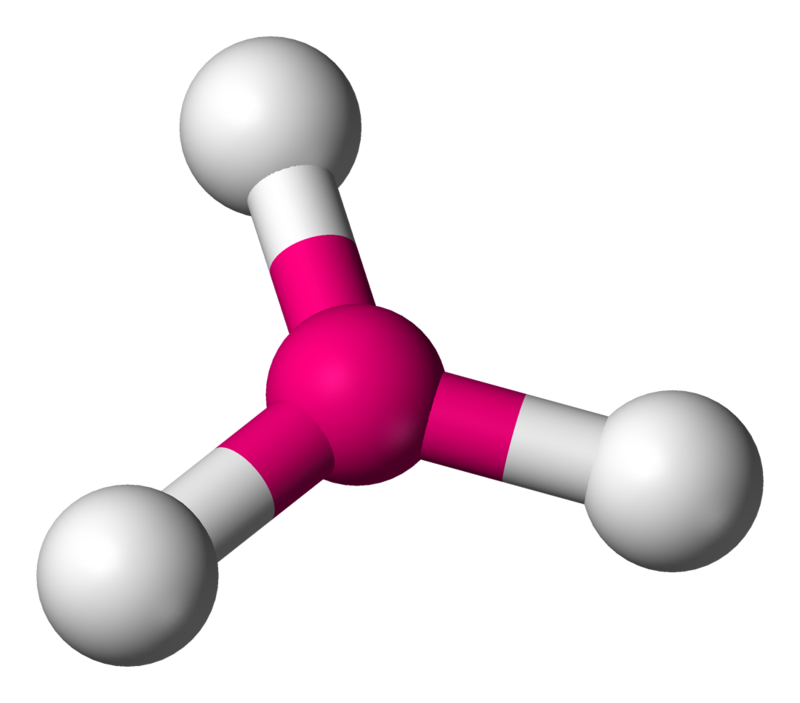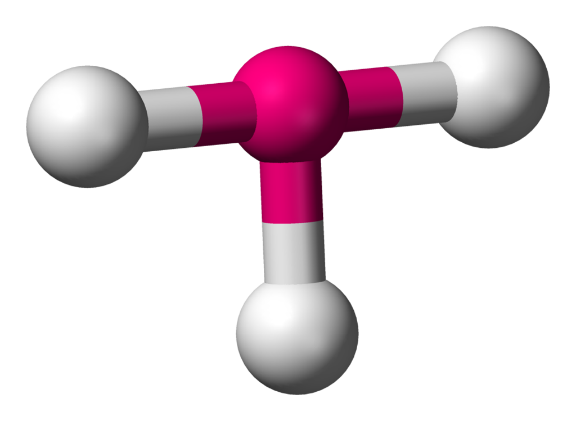Question
Question: The shape of \(BC{{l}_{3}}\), \(PC{{l}_{3}}\), and \(IC{{l}_{3}}\) molecules are: (A) Triangular ...
The shape of BCl3, PCl3, and ICl3 molecules are:
(A) Triangular
(B) Pyramidal
(C) T-shaped
(D) All above are incorrect
Solution
The VSEPR model can be used to determine the shape of a molecule. The valence shell electron pair repulsion theory states that the molecules around the central atom will arrange in such a way that there is minimum repulsion between valence electron pairs of the atom.
Complete answer:
The VSEPR model of arrangement helps in increasing the stability of the molecule and decreasing its energy.
The repulsion between the electron pair increases in the following order
Bond pair-bond pair < bond pair-lone pair < lone pair-lone pair
Now, the formula AXnEm can be used while applying the VSEPR theory to represent the number of electron pairs around a central atom.
Where the central atom is represented by A,
ligand bonded to the central atom is represented by X, and
lone pairs are represented by E.
Subscripts n and m represent the number of ligands and the number of lone pairs.
Steric Number = n + m
The sum of the coordination number of the central atom (number of atoms bonded to the central atom) and the number of valence electron lone pairs on the central atom gives the steric number of the compound.
Now, the molecular geometry of the compound according to the steric number and the AXnEm formula are
| STERIC NUMBER | AXnEm | MOLECULAR GEOMETRY |
|---|---|---|
| 2 | AX2E0 | Linear |
| 3 | AX3E0 | Trigonal Planar |
| 3 | AX2E1 | Bent |
| 4 | AX4E0 | Tetrahedral |
| 4 | AX3E1 | Trigonal Pyramidal |
| 4 | AX2E2 | Bent |
| 5 | AX5E0 | Trigonal Bipyramidal |
| 5 | AX4E1 | Seesaw |
| 5 | AX3E2 | T-Shaped |
| 5 | AX2E3 | Linear |
Now, in BCl3, the valency of the central boron atom is 3. Since it is single-bonded with three chlorine atoms, there are no lone pairs.
So, the steric number is 3+0 = 3.
Hence it is of the molecule type AX3E0 and has a trigonal planar shape where all bond angles are 120∘.

Now, in PCl3, the valency of the central phosphorus atom is 3. Since it is single-bonded with three chlorine atoms, there are no lone pairs.
So, the steric number is 3+0=3.
Hence it is of the molecule type AX3E0 and has a trigonal planar shape where all bond angles are 120∘.

Now, in ICl3, the valency of the central iodine atom is 7. Since it is single-bonded with three chlorine atoms, there are two lone pairs.
So, the steric number is 3+2=5.
Hence it is of the molecule type AX3E2 and has a t-shape where the bond angles are 90∘ and 180∘.

So, the answer to the question is option (D) all above are incorrect.
Note:
It should be noted that the VSEPR theory does not explain the molecular geometry and shapes of the isoelectronic species. It also does not properly explain the molecules of transition metals. It does not consider the inactive lone pairs and the size of the ligand attached to the central atom.
